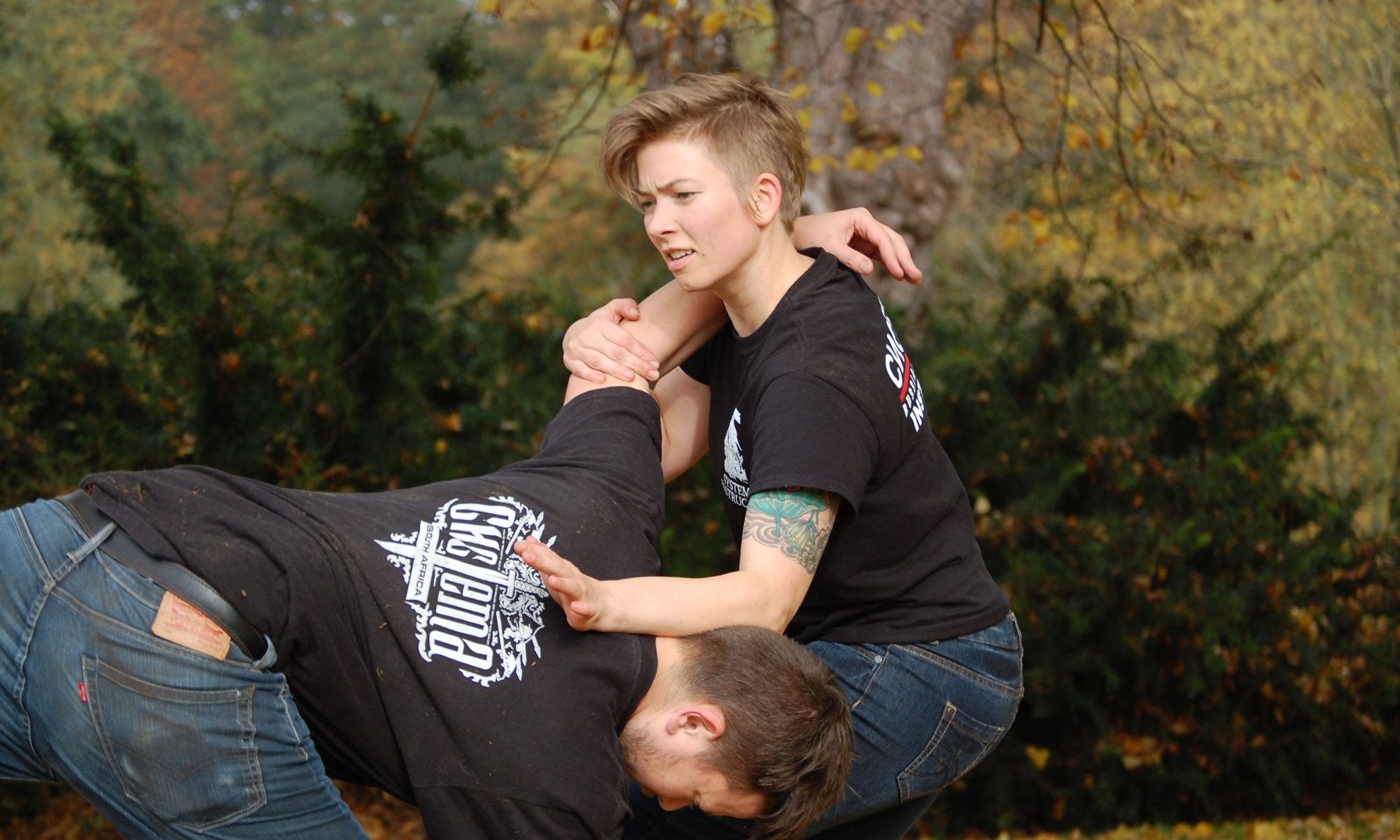So why would anyone spent a free weekend pretending to be in very bad situations that you know you are poorly prepared for?
To learn deal with bad situations that you are poorly prepared for. And to gain some preparation.
Now I am not a person to worry a lot about bad things that might happen. I do believe however that it is important to prepare yourself for things that might happen and not pretend that emergency services will always be there to help you.
So not even a year after we attended the first combat trauma emergency medical course in Belgium, we came back. Part two was only accessible for people who participated in one of the previous seminars, which made it possible to progress beyond the first weekend with tactics, triage and additional exercises under stress. Like last time we were very lucky to receive instructions from two instructors who are both skilled and knowledgeable on the subjects taught: Jeffrey Hensley (who was there last year as well) and Chad Edwards.
Tactics
The tactical element was an important addition to the previous weekend and even though a weekend is very short, it was long enough to get some important things clear, such as:
- how to pie corners more safely
- doorways are dangerous places
- concealment vs cover
And probably most importantly: clearing buildings of victims with active shooters without getting shot is really really difficult.
Triage
We spend the whole weekend rehearsing medical things we learned last year, one additional aspect we trained was triage. Quickly deciding who needs what treatment for now and when done start again. This connected closely to something Jeff emphasized both this year and last year. First you’re fighting for seconds, then minutes, then hours. So in triage you determine who needs help now (seconds), who can wait a while (minutes or hours or longer) and who will not benefit from help at all anymore. Especially for this part the extensive knowledge and experience on Jeff’s and Chad’s part was extremely helpful. Even though they were clear there are no black and white answers, they were able to describe how certain symptoms develop, explain why certain things might need attention sooner than others and how they would judge certain situations.
Up close and personal
Maybe the most important part of the seminar for me were the additional exercises under stress. We did get a better handle on the medical side of things and we developed more routine with the ‘blood sweep/weapons search’. Most stressful however were the closing exercises simulating a home invasion in a no-win scenario, where you feel the frustration of trying to control damage dealing with a person who has opposite intentions.
So what has been learned?
Know what is precious enough to fight for, and know what is not.
Some knowledge, some equipment and a good head on your shoulders goes a long way.
Don’t linger in doorways.
